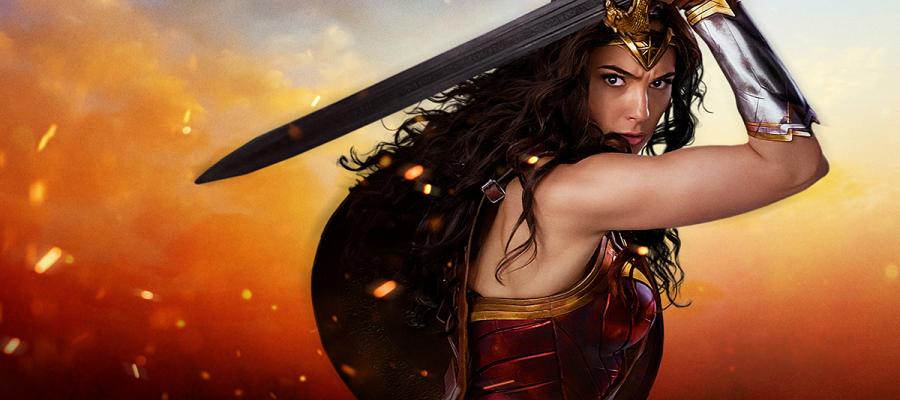The Psychology of Evil
Jul 17, 2011True evil seems easy to recognize: the killing of innocent children; assigning whole populations to death by gassing, or napalm, or aerial bombing.

Wonder Woman is a wonderfully engrossing movie, but is it a feminist one? The answer depends on what you think it means to be a feminist and what you make of the beauty of Gal Gadot.
Here are three reasons why you might think it’s feminist—or maybe not.
1. Wonder Woman is very strong. Very, very strong. She’s taught to be self-confident and tough. She comes up on top in some of the best movie fight scenes ever. Her super powers are truly impressive and she looks gorgeous using them. Indeed, one of her super powers just may be her beauty. It captivates a lot of people in the movie, and in the audience too. Her expressions are an arresting mix of hauteur and innocence—the casting decision seems brilliant. But then I found myself wondering what a feminist might think about how the movie plays to Gadot’s beauty. Could she still be Wonder Woman if she were ugly or had short stumpy legs? What if she had the facial deformity of the other woman in the movie, the scientist developing a gas to asphyxiate the world? Or the frumpiness of the assistant to her dashing pilot co-star Chris Pine? Could she still be Wonder Woman, or does the part of a powerful woman require stunning looks and very long legs?
2. Wonder Woman seeks peace. Her goal is to end war for all time. Feminism is linked to peace in many ways: opposition to violence, criticisms of how the violence of war has resulted in abuse of women and their children, and the common connections between war and rape or genocide through the brutalization of women. Indeed, an entire issue of Hypatia, the journal of feminist philosophy, was devoted to feminism and peace in 1994. Wonder Woman believes the way to achieve peace is to find Ares, the god of war, and eliminate him. Once that happens, all strife will cease, or so she thinks at least until she learns that human beings are by nature flawed. The movie is set during World War I and presents the horrors of that war with unflinching realism. You see the deforestation, destruction, and endless mud of the trenches. That all this is not due to the evil of the god Ares, but to humankind itself, is meant to be a serious message of the movie. Here, too, there’s something for a feminist to wonder about, however. The blame for all this destruction seems to belong either to an evil god or to an essential flaw in humankind. But what about social structures in the form of oppressive patriarchy? Or any oppressive structures that incubate the need for violent responses?
3. Wonder woman cares. She wants to save everyone. She can’t stand the idea that people would calculate the benefits and costs of trying to help others. When she learns about suffering, she steps in to ameliorate it—and she pushes others to action, too. She is most emphatically not a devotee of cost-benefit analysis or similar crude versions of consequentialism. And she seems, in at least a superficial way, to be committed to an ethic of care of a kind that is common in feminist moral theory. Surely her unwavering commitment to those who are suffering cannot disqualify the movie as feminist. But when you watch the movie—and I really would recommend seeing it—think about how her caring becomes expressed, how it is elicited and shaped. She’s named by a man (as Diana Prince, when she seems to be starting to say Princess!), sailed to the world of war by a man, educated in the ways of the world by a man, guided to the heart of evil by a man, and ultimately watches a man acting as the immediate savior of the world. That’s Chris Pine, as Steve Trevor, a fearless and iconoclastic American pilot working for the British.
I don’t want to give away the plot of the movie, so I’ll conclude by describing the scene afterward in the theater ladies room. There was a long line of teenage girls who had effusively adored the movie. (Judging from how well it’s doing at the box office, I suspect there will be many such lines.) What they’d clearly liked the most—some of them were even moved to tears—was the incipient love relationship between Wonder Woman and Trevor. Although Wonder Woman is directed by a woman, Patty Jenkins, who hopes the movie will inspire children worldwide to see that a woman can save the world, it may need to discard some baggage along the way.